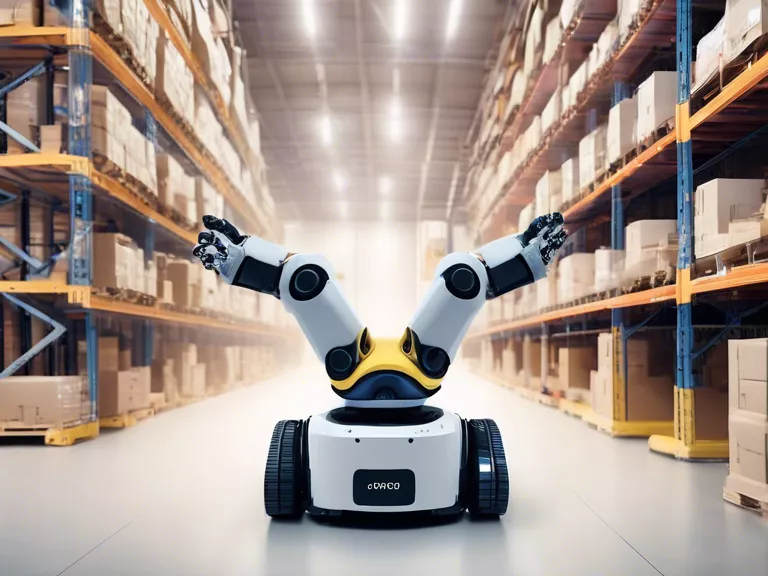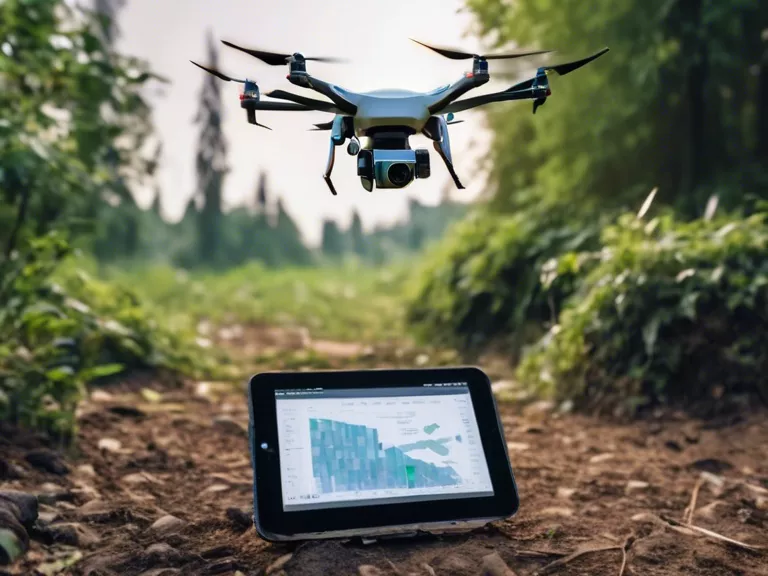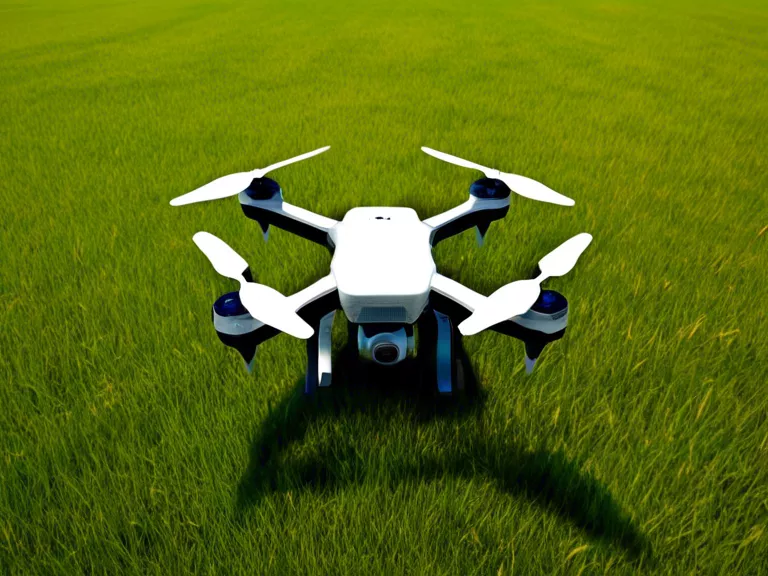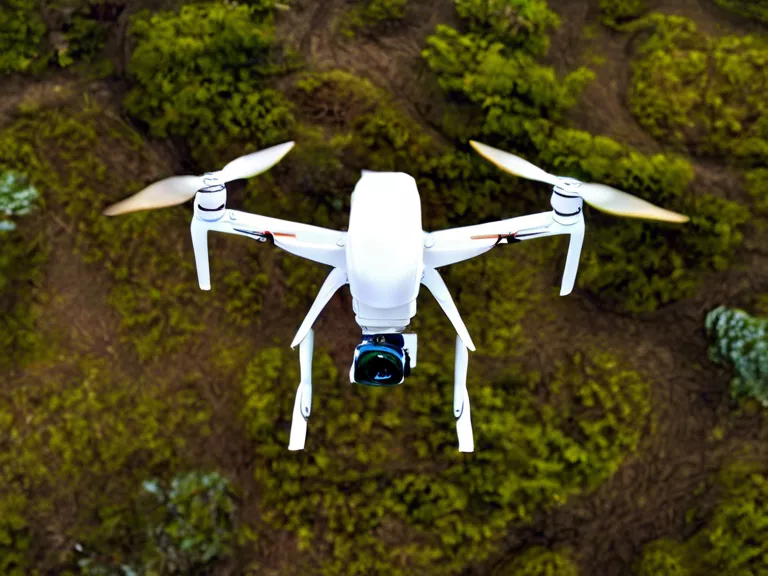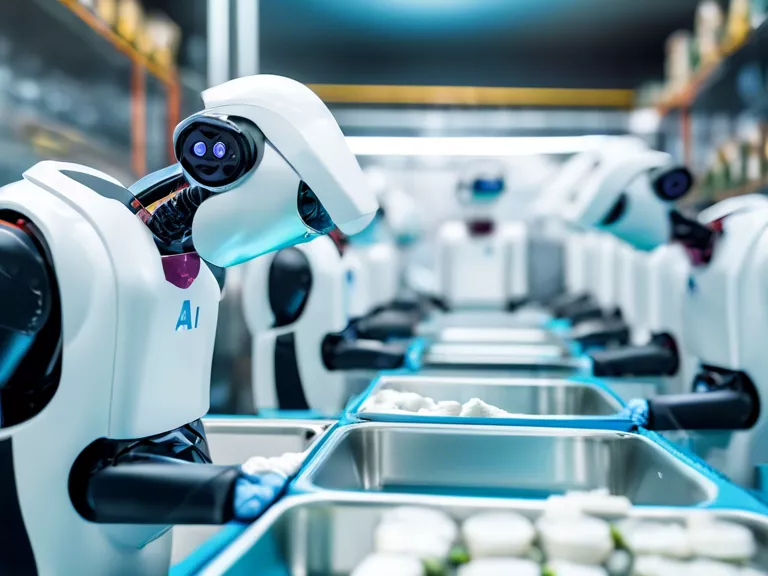
In recent years, artificial intelligence (AI) has been revolutionizing various industries, including the food and beverage sector. One of the game-changing technologies that have emerged is AI-driven robotics, which are playing a crucial role in enhancing efficiency in food and beverage production processes.
These advanced robots are equipped with AI algorithms that enable them to perform a wide range of tasks with precision and consistency. From food processing and packaging to quality control and inventory management, AI-driven robots are streamlining operations and driving productivity in the food and beverage industry.
One of the main advantages of using AI-driven robotics in food production is the ability to automate repetitive and labor-intensive tasks. This not only frees up human workers to focus on more complex and creative aspects of their jobs but also reduces the risk of errors and inconsistencies in the production process. As a result, companies can achieve higher levels of efficiency and quality control, ultimately leading to cost savings and improved customer satisfaction.
Moreover, AI-driven robots are also playing a crucial role in improving food safety standards. With their ability to detect contaminants, monitor food processing conditions, and track products throughout the supply chain, these robots help in ensuring that only safe and high-quality products reach consumers.
Furthermore, AI-driven robotics are enabling food and beverage companies to adapt quickly to changing consumer preferences and market demands. By analyzing data in real-time and making adjustments on the fly, these robots help in optimizing production schedules, reducing waste, and meeting evolving customer needs efficiently.
In conclusion, AI-driven robotics are transforming the food and beverage industry by enhancing efficiency, quality, and safety standards. As more companies embrace this technology, we can expect to see even greater innovations and improvements in the way food and beverages are produced and delivered to consumers.
